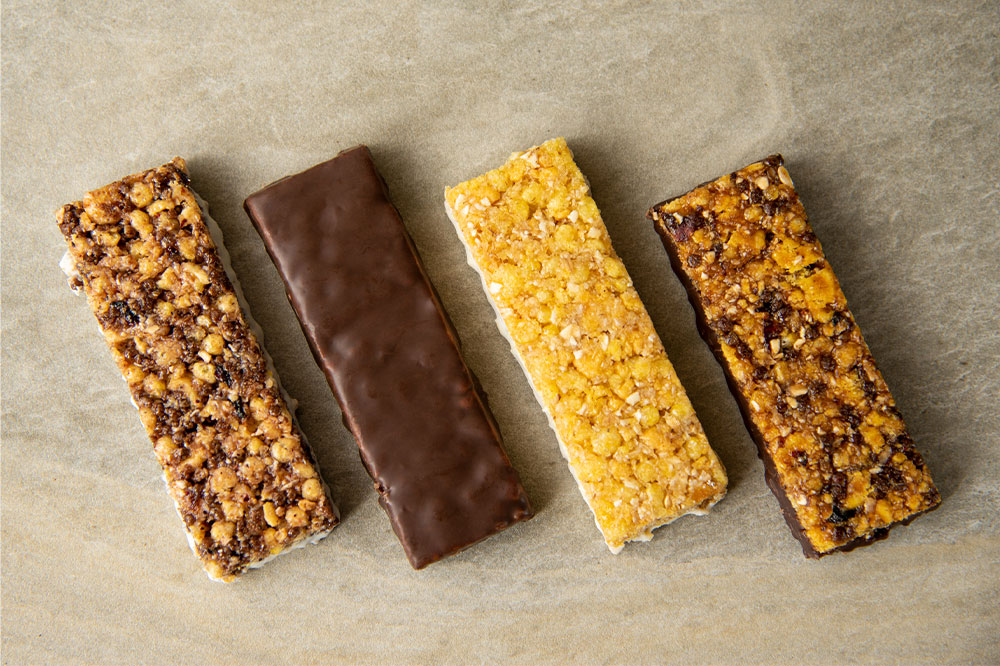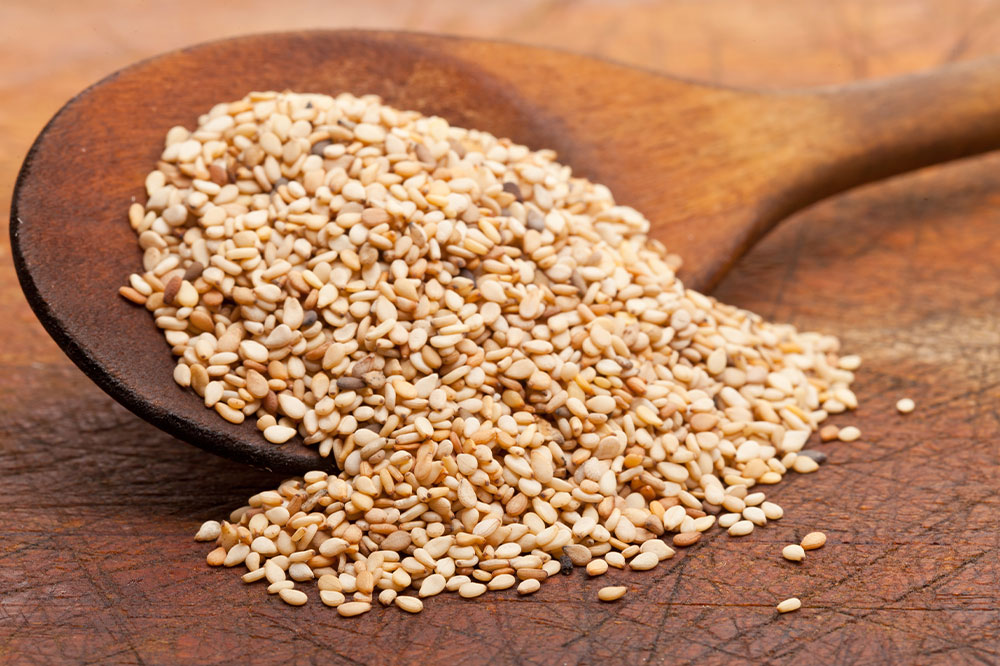Comprehensive Guide to Healthy and Nutritious Snacks for Children
This comprehensive guide provides parents and caregivers with detailed information on nutritious snacks for children. It emphasizes essential nutrients, practical tips for promoting healthy eating habits, optimal snack timing, and strategies to prevent unhealthy snacking. Through understanding children's nutritional needs and fostering positive habits, adults can support children's growth, immune health, and cognitive development. The article encourages making healthy foods accessible, modeling good behaviors, and establishing structured routines to cultivate lifelong healthy eating habits in children.

Comprehensive Guide to Healthy and Nutritious Snacks for Children
Ensuring children receive the right nutrition is a fundamental aspect of supporting their growth, development, and overall well-being. As kids tend to have smaller appetites compared to adults, and their energy needs are high due to active lifestyles, managing their diet with nutritious snacks is essential. Healthy snacks provide vital nutrients that support physical growth, cognitive development, and immune health. This guide delves into the critical nutrients that children need, practical tips for promoting healthy eating habits, optimal snack timing, and strategies to prevent unhealthy snacking habits, helping parents and caregivers foster a balanced diet for children.
The Importance of Nutrients in Children's Snacks
Nutrient-rich snacks are the cornerstone of a healthy childhood diet. They supply the essential building blocks of growth, such as proteins, carbohydrates, healthy fats, vitamins, and minerals. Understanding these nutrients enables caregivers to make informed choices about snacks that support the child's evolving nutritional needs.
Essential Nutrients for Growing Children
Proteins: Proteins are fundamental for the buildup and repair of tissues, supporting muscle development and immune function. Good sources include lean meats, eggs, dairy products like milk and yogurt, nuts, seeds, beans, peas, and lentils. Including a variety of protein sources in snacks—such as cheese sticks, boiled eggs, or nut butter—is beneficial for overall health.
Carbohydrates: As the primary energy source, carbohydrates fuel daily activities and developmental processes. Whole grains like whole wheat bread, oats, brown rice, cereals, and starchy vegetables such as sweet potatoes and carrots provide complex carbs that sustain energy levels throughout the day.
Healthy Fats: Fats are concentrated energy sources that support brain development, hormone production, and cell growth. Nut butters, avocados, olive oils, fatty fish like salmon, and nuts are excellent sources of healthy fats. Incorporating these into snacks promotes cognitive functions and overall vitality.
Calcium: Vital for developing strong bones and teeth, calcium-rich snacks include dairy products such as milk, cheese, and yogurt, as well as leafy greens like spinach and broccoli, and plant-based options like fortified plant milks and tofu. Adequate calcium intake during childhood can prevent future osteoporosis.
Iron: Iron is crucial for forming hemoglobin, which transports oxygen in the blood. Iron-rich snacks include lean meats, shellfish, beans, lentils, spinach, and iron-fortified cereals. Combining iron sources with vitamin C-rich foods like oranges or bell peppers enhances absorption.
Folate: Essential for cell division and growth, folate is found abundantly in leafy greens, legumes, whole grains, and sprouts. Including these in snacks supports healthy development and prevents anemia.
Strategies to Promote Healthy Snacking Habits
Make nutritious options accessible: Store fresh fruits, vegetables, and healthy snacks within easy reach to encourage better choices. Clear containers and visible placement can tempt children towards healthier options.
Limit unhealthy foods at home: Reducing the availability of junk food and sugary snacks can decrease temptation. Opt for natural, minimally processed foods to foster better eating habits.
Avoid using junk food as rewards: Instead, praise children for making healthy decisions or engage in non-food rewards, fostering intrinsic motivation for good eating habits.
Encourage moderation and balance: Allow occasional treats outside the home, teaching children to enjoy less healthy foods responsibly and preventing feelings of deprivation.
Model healthy eating behaviors: Children imitate adults. Demonstrating balanced eating habits sets a positive example and influences their choices.
Calorie Needs for Children at Different Ages
Young children often require about 45 calories per pound of body weight daily, divided across meals and snacks, to support their growth and activity levels.
Preschool-aged children need roughly 1,000 to 1,400 calories daily, depending on activity levels.
School-aged children typically need between 1,600 and 2,500 calories per day, with variations based on activity, growth spurts, and individual health
Parents should tailor calorie intake to each child's specific circumstances, consulting pediatric recommendations for personalized nutritional planning.
When and How Often Should Children Snack?
Establishing structured snack times helps regulate intake and prevents overeating. Offering snacks at consistent times, such as mid-morning and mid-afternoon, encourages routine.
Proper timing of snacks ensures children receive adequate energy without feeling overly full before meals, promoting better digestion and appetite regulation.
Choosing nutrient-dense, moderate portions prevents excessive calorie intake and supports long-term healthy eating habits.
Tips for Reducing Excessive Snacking and Promoting Better Eating Habits
Create a daily routine that includes specific snack times, ensuring children know when to expect nourishment and reducing constant grazing.
Serve small, nutritious portions to prevent overconsumption and teach children to listen to their hunger signals.
Encourage drinking water during snack times instead of juice or sugary drinks to promote hydration and minimize calorie intake from empty calories.
Limit the purchase of junk food and processed snacks, removing temptations from the home environment.
Be consistent in your own eating habits; children learn by example. Avoid consuming unhealthy snacks around children and choose healthier options yourself.
Foster mindful eating by engaging children in conversations about food, encouraging them to appreciate the flavors and textures of healthy snacks.
Supporting children in making healthy snack choices requires patience, consistency, and role modeling. By understanding their nutritional needs and establishing positive habits, parents can help children develop lifelong healthy eating behaviors that contribute to their growth, health, and happiness.





